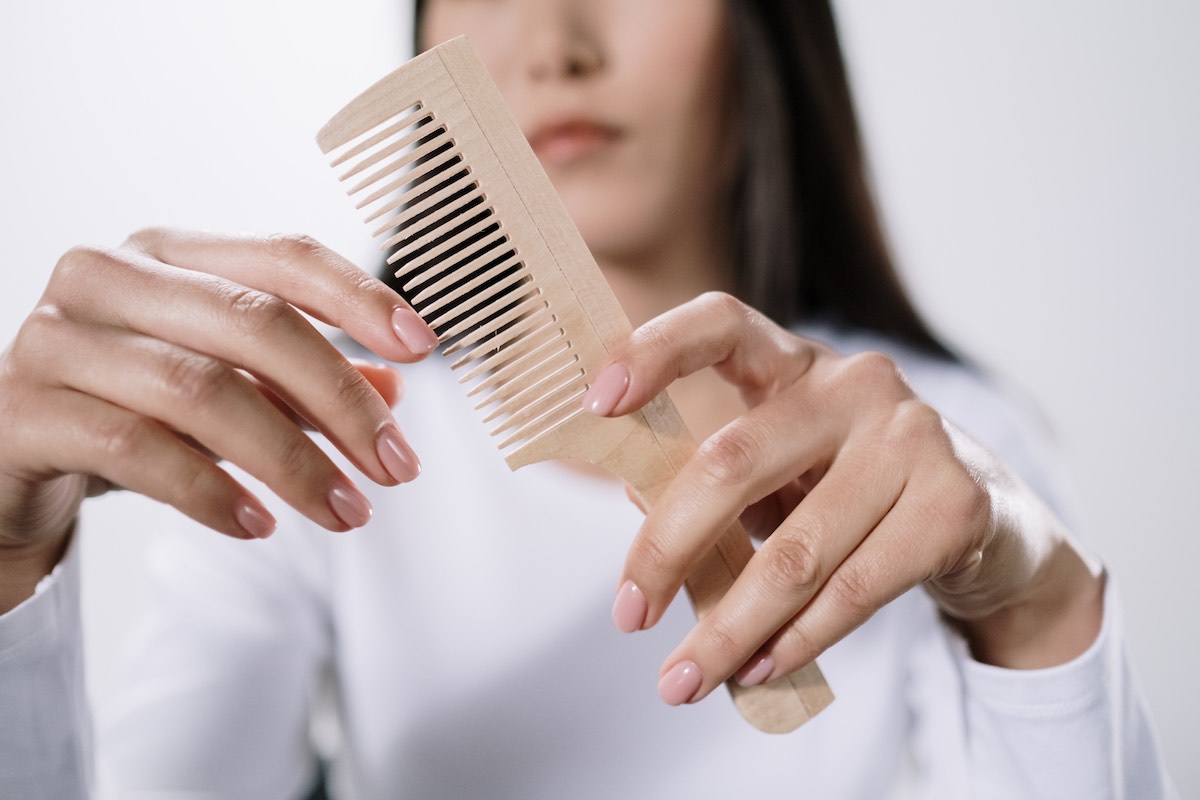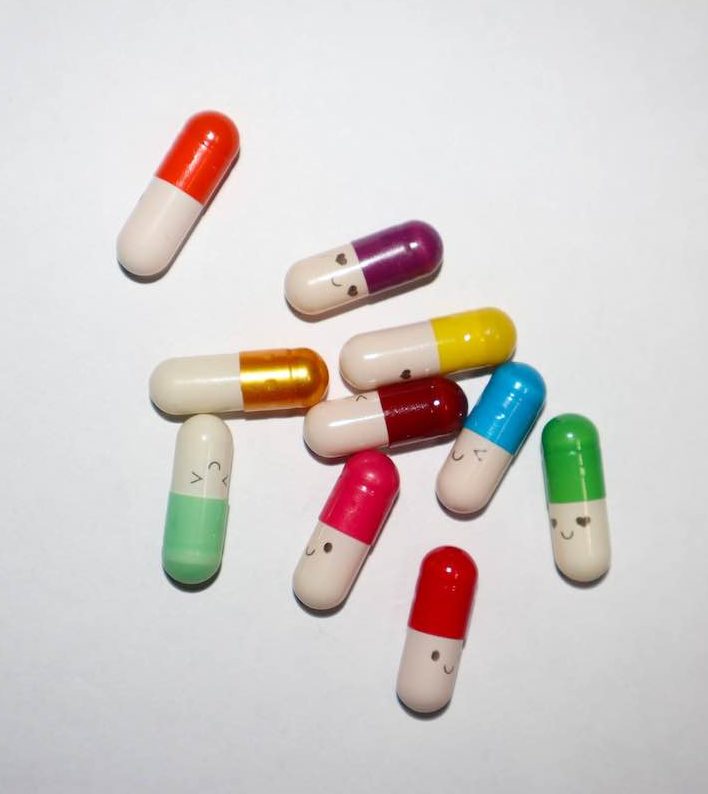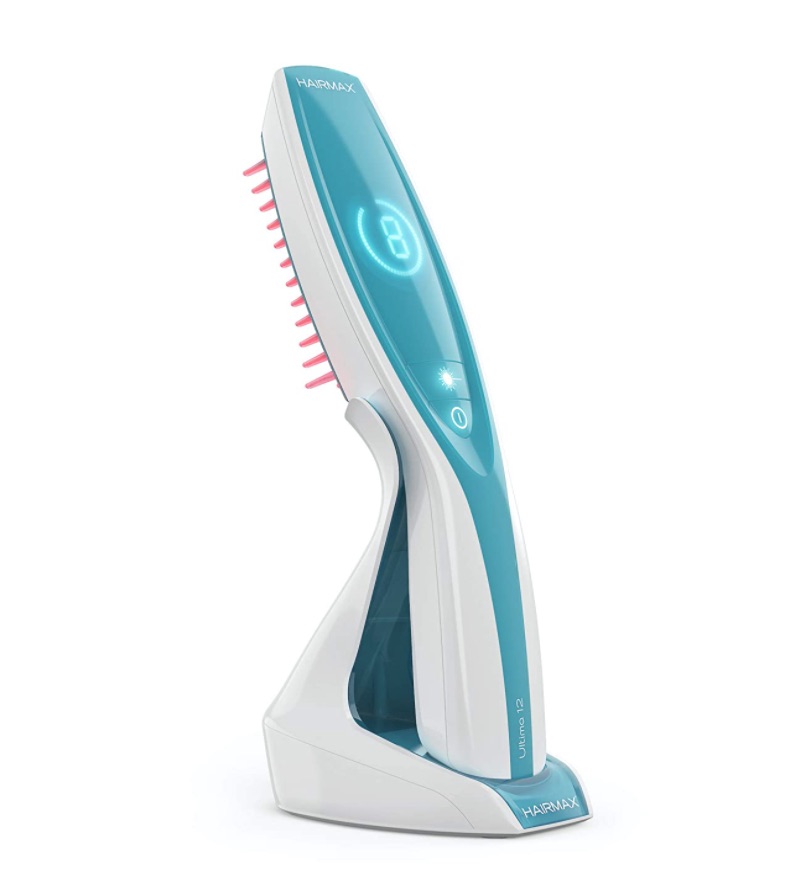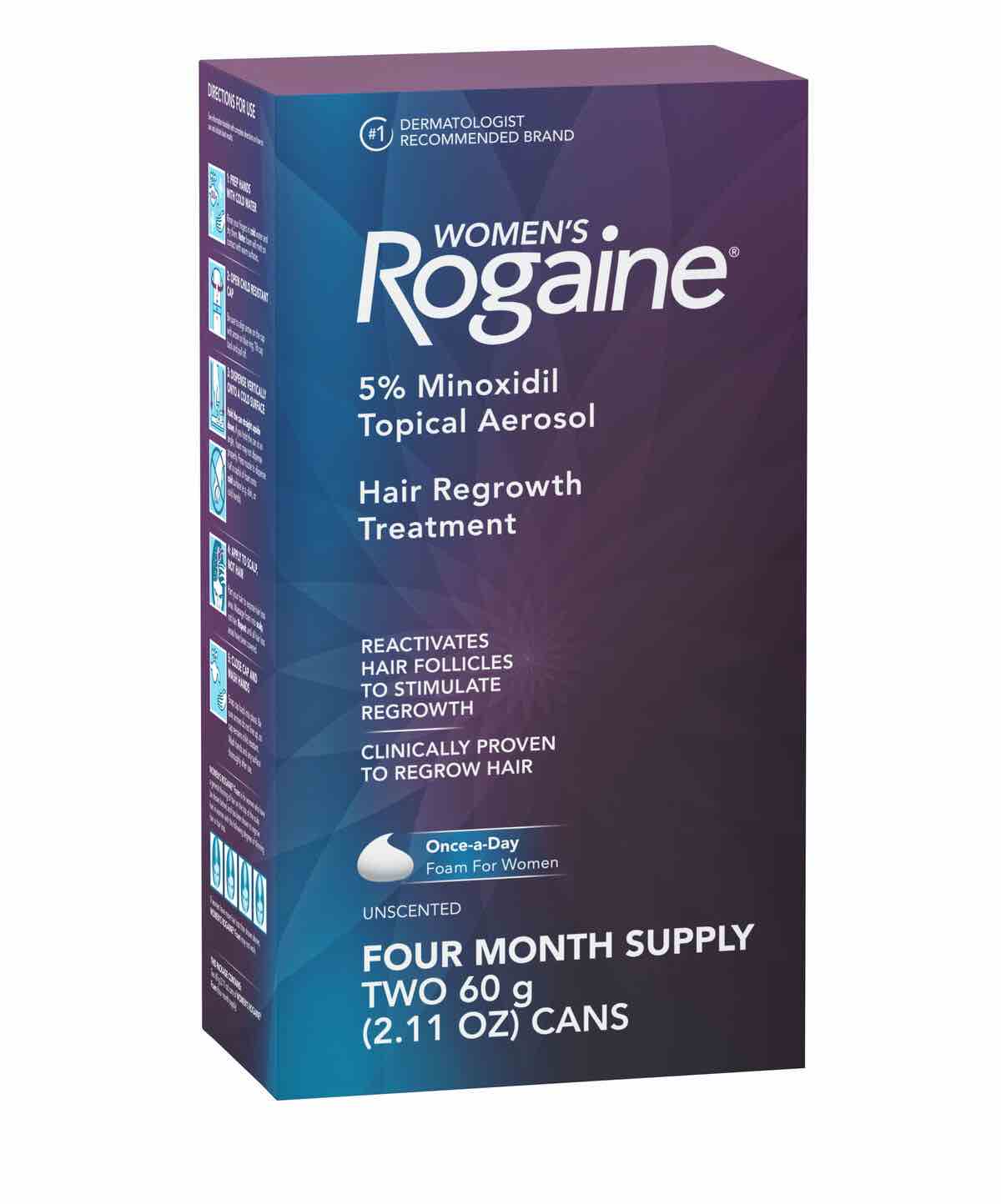Hair Loss Is Treatable
Learn how to take action to prevent more hair loss
 When it comes to the causes of female hair loss, there is no lack of theories. Fortunately, there are many techniques and approaches you can try to gain control of your hair loss and prevent future problems.
In most cases of hair loss in women, causes can be traced to:
When it comes to the causes of female hair loss, there is no lack of theories. Fortunately, there are many techniques and approaches you can try to gain control of your hair loss and prevent future problems.
In most cases of hair loss in women, causes can be traced to:
- Iron deficiency
- Post-pregnancy hair loss
- Vitamin deficiency
- Side effects from medications
- Hormonal imbalances
- Thyroid problems
Treatments for Female Hair Loss
The following is a section of the most common treatment approaches — as well as my opinion on their effectiveness.
Nioxin Shampoo and Conditioner
The Nioxin product line has come a long way in the past decade. It used to be fairly limited, but now offers a full range of products, including some specifically for color and chemically treated hair. I have used the Nioxin gels, shampoo and conditioners at various times. It seems to me the effectiveness is sporadic — my hair seems to shed more when I use any product for too long. I do have to say that when I go back to Nioxin, I notice less shedding, particularly when I first start using the product again. Nioxin works by cleansing the scalp of the follicle-clogging oils that can promote hair loss. The products also moisturizing the hair to help reduce breakage. One thing I think Nioxin does very well for women is to help the hair look thicker and fuller. In fact, according to Nioxin, 9 out of 10 women report their hair looks thicker and fuller while using the product. I have to agree. That said, I think Nioxin wasn’t that effective at treating female hair loss for me because it works to reduce the oils that are typically produced by the “male” hormone, testosterone — the classic male pattern baldness cause. This chemical, DHT or dihydrotestosterone, can build up on the scalp and hair, and is linked to reduced hair growth and increased hair loss.Iron and Hair Loss
 Iron deficiency is one of the most common causes of hair loss in women. It can be the result of a diet that’s low in iron. This is particularly true for women who are dieting, sometimes to excess, or those who are on a restricted diet, like vegetarians.
For others, issues like heavy bleeding during the menstrual cycle can deplete your iron reserves. The good news? Increasing your store of iron can be a highly effective treatment for female hair loss. The bad news? The process can be slow and tedious. I’ve had good success with Spatone, which is easy on the stomach and seems to work well, quickly. Though honestly, the best results I had were with Vega shakes, which too me out of the anemic range for the first time in decades. They taste terrible — but they work!
Learn more about using iron supplements for female hair loss here. And while you are at it, you might want to consider Vitamin D3 supplements, which work hand-in-hand with iron to reduce hair loss.
Iron deficiency is one of the most common causes of hair loss in women. It can be the result of a diet that’s low in iron. This is particularly true for women who are dieting, sometimes to excess, or those who are on a restricted diet, like vegetarians.
For others, issues like heavy bleeding during the menstrual cycle can deplete your iron reserves. The good news? Increasing your store of iron can be a highly effective treatment for female hair loss. The bad news? The process can be slow and tedious. I’ve had good success with Spatone, which is easy on the stomach and seems to work well, quickly. Though honestly, the best results I had were with Vega shakes, which too me out of the anemic range for the first time in decades. They taste terrible — but they work!
Learn more about using iron supplements for female hair loss here. And while you are at it, you might want to consider Vitamin D3 supplements, which work hand-in-hand with iron to reduce hair loss.
Hair Loss Laser Comb
 One of the main problems with treatments for female hair loss is the number of unproven approaches that are out there. Women with hair loss are often desperate for a solution, and willing to go to great lengths and expense to stop their hair loss.
Unfortunately, most treatments for female hair loss are anything but tried-and-true. Many of them have limited usefulness, at best, and there’s no one-size-fits-all solution.
I’ve tried just about every product out there, most with very disappointing results. The one product that I do feel has helped me tremendously is the Hairmax Laser Comb. This is one of only a few treatments for female hair loss that is actually approved by the FDA (Food and Drug Administration). You are read more about my experiences with the Hair Loss Laser Comb and how it’s helped reduce my hair loss here.
In my case, I use the comb three times a week, right after washing my hair and before I add any product. It takes about 11 minutes at a go, and it’s simple to use. It is a bit more difficult with longer hair, though — you do have to section your hair a bit to ensure the laser light shines on your scalp.
The World Health Organization estimates that up to 80% of the female population is iron deficient. Since low iron (anemia) is a leading cause of hair loss, you can see why more and more women are suffering from debilitating hair loss.
You can read more about iron and hair loss here.
One of the main problems with treatments for female hair loss is the number of unproven approaches that are out there. Women with hair loss are often desperate for a solution, and willing to go to great lengths and expense to stop their hair loss.
Unfortunately, most treatments for female hair loss are anything but tried-and-true. Many of them have limited usefulness, at best, and there’s no one-size-fits-all solution.
I’ve tried just about every product out there, most with very disappointing results. The one product that I do feel has helped me tremendously is the Hairmax Laser Comb. This is one of only a few treatments for female hair loss that is actually approved by the FDA (Food and Drug Administration). You are read more about my experiences with the Hair Loss Laser Comb and how it’s helped reduce my hair loss here.
In my case, I use the comb three times a week, right after washing my hair and before I add any product. It takes about 11 minutes at a go, and it’s simple to use. It is a bit more difficult with longer hair, though — you do have to section your hair a bit to ensure the laser light shines on your scalp.
The World Health Organization estimates that up to 80% of the female population is iron deficient. Since low iron (anemia) is a leading cause of hair loss, you can see why more and more women are suffering from debilitating hair loss.
You can read more about iron and hair loss here.
Fix Your Hormone Levels
Hair loss affects up to 40% of women, most of them in their middle years. Changing hormone levels are a key to hair loss. Post pregnancy, many women find themselves suffering excessive hair loss, as do many women who are working their way through the challenges of menopause. Some medications that affect hormone levels — birth control pills and the like — are commonly linked to hair loss. If you are noticing more hair loss than normal — more than 100 to 150 hairs shed per day, for example — you should talk to your doctor about hormone testing. There are several easy and inexpensive tests that can be done to measure your hormone levels. If any problems are identified, fixing your hormone levels could be your best option for treatments for female hair loss.Rogaine/Minoxidol
 This site would not be complete without a reference to the use of Rogaine (minoxidol) as one of the most popular treatments for female hair loss. I used Rogaine for more than a year, and I have to say I was not impressed with the results. Many women report positive impacts, though, so I think it’s important to include it here. I think it’s one of those things that may work better or worse, depending on the cause of your hair loss.
Rogaine/Minoxidol was originally developed to treat high blood pressure, but eventually demonstrated that it was effective at producing hair growth. Physicians usually recommend that women use the 2% Minoxidol solution, not the 5% that is more commonly used for men.
However, studies have shown that the 5% solution is more effective for generating hair regrowth in women.
What’s most interesting to me is the statistics on the effectiveness of Minoxidol for female hair loss. 40% of women reported minimal regrowth after a eight months of using Minoxidol — compared to 33% of women who were in a control group that did not actually use the medication. In the same trial of women ages 18 to 45, 19% of women reported moderate regrowth after months, compared to the 7% of women who did not use the drug.
Something to consider — particularly given the cost of Minoxidol, which can cost upwards of $30 per month.
For Rogaine/Minoxidol to work effectively for female hair loss, it needs to be applied to the scalp twice per day. I found that it made my hair look greasy, dank and even thinner, and I was very self conscious as a result. I honestly never noticed a difference in the amount of hair I was losing, and having used it again since that first trial a decade ago.
This site would not be complete without a reference to the use of Rogaine (minoxidol) as one of the most popular treatments for female hair loss. I used Rogaine for more than a year, and I have to say I was not impressed with the results. Many women report positive impacts, though, so I think it’s important to include it here. I think it’s one of those things that may work better or worse, depending on the cause of your hair loss.
Rogaine/Minoxidol was originally developed to treat high blood pressure, but eventually demonstrated that it was effective at producing hair growth. Physicians usually recommend that women use the 2% Minoxidol solution, not the 5% that is more commonly used for men.
However, studies have shown that the 5% solution is more effective for generating hair regrowth in women.
What’s most interesting to me is the statistics on the effectiveness of Minoxidol for female hair loss. 40% of women reported minimal regrowth after a eight months of using Minoxidol — compared to 33% of women who were in a control group that did not actually use the medication. In the same trial of women ages 18 to 45, 19% of women reported moderate regrowth after months, compared to the 7% of women who did not use the drug.
Something to consider — particularly given the cost of Minoxidol, which can cost upwards of $30 per month.
For Rogaine/Minoxidol to work effectively for female hair loss, it needs to be applied to the scalp twice per day. I found that it made my hair look greasy, dank and even thinner, and I was very self conscious as a result. I honestly never noticed a difference in the amount of hair I was losing, and having used it again since that first trial a decade ago.
